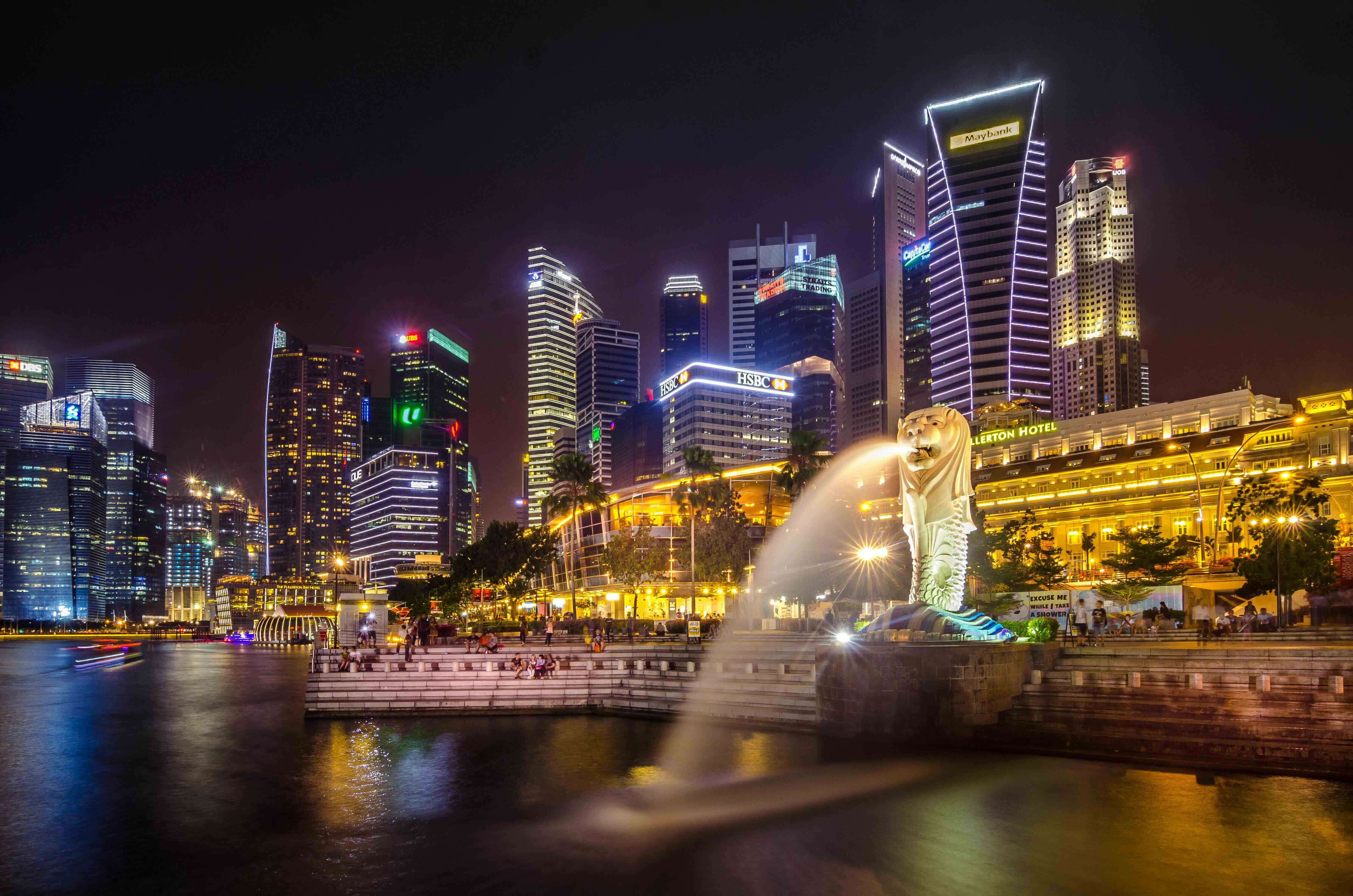Intellectual Property Law
- FAQs
Yes — Hong Kong recognises and implements international intellectual property (IP) protection through its domestic laws, which incorporate obligations under multiple international conventions and treaties.
Although Hong Kong is not a sovereign member of these treaties in its own right, the Central People’s Government extends treaty application to Hong Kong, and local legislation gives effect to them.
1. Key International IP Treaties Applied in Hong Kong
Hong Kong’s IP laws implement provisions from major international agreements, including:
2. How International Protection Works in Hong Kong
- Automatic protection: Works or rights originating from treaty member countries enjoy protection in Hong Kong without local registration (e.g., copyright under Berne Convention).
- Priority rights: Trade mark and patent applicants can claim priority in Hong Kong based on first filing in another convention country.
- Well-known marks: Hong Kong law protects well-known trade marks even if not registered locally, in line with Paris Convention and TRIPS.
- Restriction on certain registrations: Flags, emblems, and official signs of member states or international organisations cannot be registered as trade marks without consent.
3. Enforcement
IP rights recognised under international treaties are enforceable in Hong Kong courts through local legislation.
Remedies include injunctions, damages, account of profits, delivery up or destruction of infringing goods, and criminal sanctions for certain infringements.
IP rights can be enforced through civil actions seeking injunctions, damages, or account of profits.
Criminal sanctions apply to certain infringements, such as copyright piracy or counterfeit trade marks.
1. Civil Enforcement
Rights holders can bring civil proceedings to stop infringement and seek remedies such as:
- Injunctions: to prevent further infringement.
- Damages: compensation for losses.
- Account of profits: surrender of profits made from infringement.
- Delivery up/destruction: removal of infringing goods from circulation.
- Declarations: confirming validity and infringement of rights.
2. Criminal Enforcement
Criminal sanctions apply where infringement is serious and often involves commercial-scale activities.
Customs and Excise Department has powers to search, seize, and arrest under the relevant ordinances.
Offences include:
- Selling, importing, exporting infringing goods (e.g. s.118 of Cap. 528 for copyright; s.9 & s.12 of Cap. 362 for forged trade marks/false trade descriptions).
- Manufacturing optical discs without a licence (Cap. 544).
- Possessing infringing goods for trade/business use.
Penalties can be severe:
- Up to HK$500,000 fine and 8 years’ imprisonment for certain offences.
- Forfeiture and destruction of infringing goods.
- Copyright: Life of the author plus 50 years.
- Standard patent: 20 years.
- Short‑term patent: 8 years.
- Registered design: Up to 25 years.
- Trade mark: Renewable every 10 years.
Under section 2 of the Registered Designs Ordinance (Cap.522) , a “design” refers to the features of shape, configuration, pattern, or ornament applied to an article through an industrial process, where such features, in the finished product, are intended to appeal to the eye.
Registered designs protect the visual appearance of a product rather than its functional aspects.
Once a design application is approved, the applicant will be recorded as the owner of the registration. The registration initially lasts for five years from the filing date of the application. It can be renewed in successive five-year periods, but the total duration of protection cannot exceed 25 years from the original filing date, in accordance with section 28 of the Ordinance.
Passing off is a common law action used to prevent a person from misrepresenting their goods or services as those of another, thereby causing harm to the other party’s goodwill.
This right is not protected under statute in Hong Kong, but rather under common law principles. Misrepresentation by a trader often occurs through imitation of another’s trade mark, trade name, or product packaging (among other possible forms).
To succeed in a passing off claim, the plaintiff must prove all three of the following elements:
- Goodwill or Reputation – The plaintiff’s goods or services are known to the public and have acquired a favourable reputation.
- Misrepresentation – The defendant has made a representation (deliberate or otherwise) that leads, or is likely to lead, the public to believe that the defendant’s goods or services are those of the plaintiff.
- Damage – The plaintiff has suffered, or is likely to suffer, harm as a result of the misrepresentation, typically in the form of loss of business.
A trade mark can be either registered or unregistered.
In Hong Kong, trade marks are registered under the Trade Marks Ordinance (Cap. 559). Registration grants the owner exclusive rights to use the mark in connection with the goods or services specified in the registration. If a trade mark is not registered in Hong Kong, it will not be protected under the Ordinance within Hong Kong.
When you submit an application, the Trade Marks Registry will first check for any deficiencies in the application and then conduct a search to see if there are any identical or similar registered trade marks.
If your application is rejected, you have six months to address and overcome the objections. If your application is accepted, the trade mark will be published in the Hong Kong Intellectual Property Journal for public notice. Once the process is complete, you will be issued a certificate of registration, and a formal notice will be published.
In Hong Kong, patents are granted under the Patents Ordinance (Cap. 514), giving the patent owner exclusive rights to make, sell, use, or import the invention for a fixed period. Patents do not arise automatically — they must be applied for and granted.
There are two types of patents available:
- Standard Patents – Maximum protection term of 20 years.
- Standard Patent (O): Direct filing in Hong Kong without first filing in a designated patent office.
- Standard Patent (R): Re‑registration in Hong Kong of a patent granted by a designated patent office. The three designated patent offices are:
- State Intellectual Property Office of China (CNIPA)
- United Kingdom Patent Office (UKIPO)
- European Patent Office (EPO) with the patent application designating the UK
Standard patents involve a two‑stage process and require more time due to examination procedures.
- Short‑Term Patents – Maximum protection term of 8 years.
- Direct application in Hong Kong without relying on any prior patent granted elsewhere.
- No substantive examination of patentability is required, so they can be obtained much faster.
- Best suited for inventions with a short commercial lifespan or where quick protection is needed.
Non‑Patentable Subject Matter (Section 9A, Patents Ordinance):
Patents cannot be granted for:
- Discoveries, scientific theories, or mathematical methods;
- Aesthetic creations;
- Schemes, rules, or methods for performing mental acts, playing games, doing business, or computer programs;
- Presentations of information;
- Inventions contrary to public order or morality;
- Plant or animal varieties;
- Essentially biological processes for producing plants or animals (except microbiological processes or their products).
Patentability Requirements:
To be granted, an invention must:
- Be industrially applicable: capable of being made or used in any industry;
- Be new: not known to anyone anywhere before the application date;
- Involve an inventive step: not obvious to a person skilled in the field at the time of filing.
Before Applying:
Applicants must make full disclosure of the invention in the application, otherwise it will be rejected. Poorly drafted applications can lead to loss of rights or costly litigation. While not mandatory, it is strongly recommended to engage a patent agent or lawyer to draft the specification and handle communications with the patent office, especially if overseas filings are involved (required for Standard Patent (R)).
Copyright protection is automatic upon creation of an original work recorded in material form.
It is governed by the Copyright Ordinance (Cap.528) where 9 categories of work are protected:
- Literary Works
- Dramatic Works
- Musical Works
- Artistic Works
- Films
- Sound recordings
- Broadcasts
- Cable programmes
- Typographical arrangements.
Enforcement Mechanisms
Civil Remedies
- Injunctions to stop infringement.
- Damages or account of profits.
- Delivery up or destruction of infringing copies.
- Additional damages for flagrant infringement.
Criminal Sanctions
Copyright piracy offences (e.g., making, importing, or possessing infringing copies for trade/business).
Penalties:
- Up to HK$50,000 per infringing copy and 4 years’ imprisonment for most piracy offences.
- Up to HK$500,000 and 8 years’ imprisonment for manufacturing circumvention devices.
Exceptions and Defences
- Fair dealing for research, private study, criticism, review, news reporting, parody, education, public administration.
- Specific permitted acts for libraries, archives, museums, schools, and persons with print disabilities.
- Transient or incidental copying for online viewing.
Hong Kong recognises a full range of intellectual property (IP) rights, protected under separate ordinances and common law principles. These rights cover creative works, industrial property, and commercial goodwill.
Main Types of IP Rights in Hong Kong
Intellectual Property (IP) law in Hong Kong is the body of laws that protects creations of the mind — such as inventions, literary and artistic works, designs, symbols, names, and images — by granting legal rights to creators, owners, and inventors.
Hong Kong’s IP regime is comprehensive and aligned with international standards through domestic ordinances implementing major international treaties.
Main Categories of IP in Hong Kong
Hong Kong IP law covers several distinct areas, each governed by separate ordinances:












